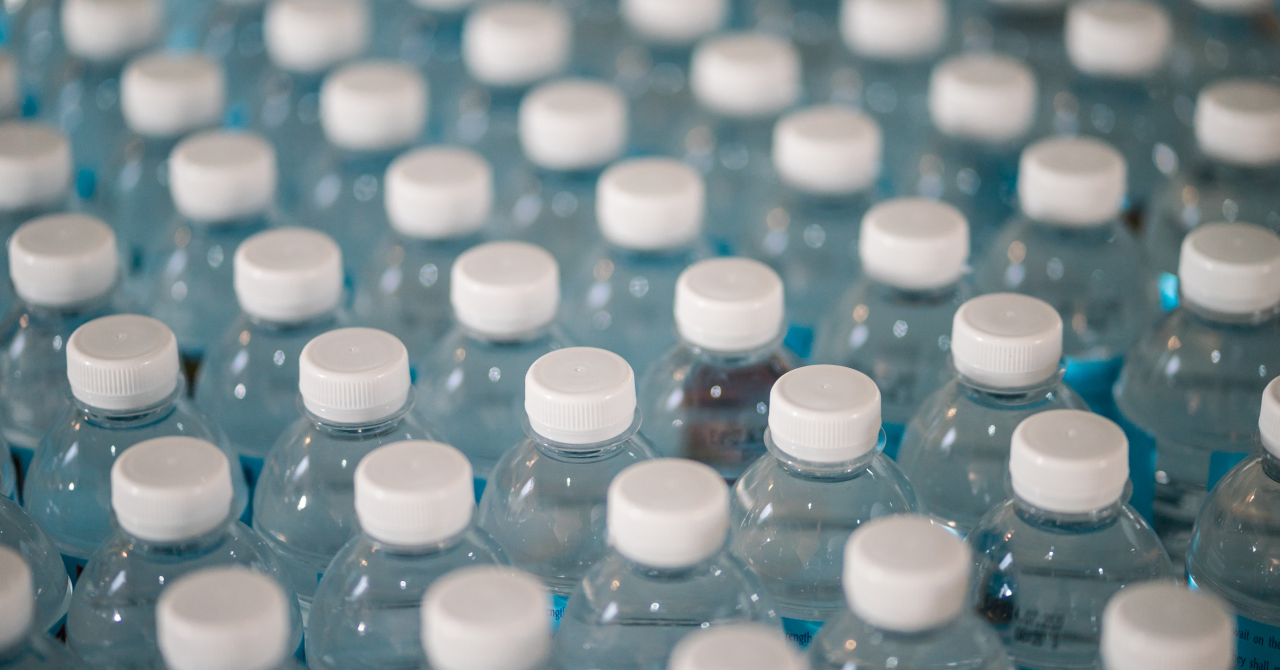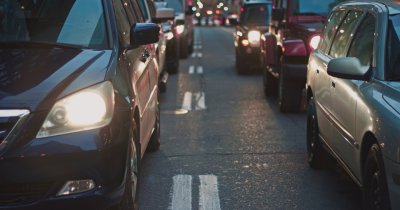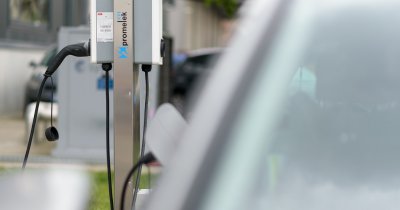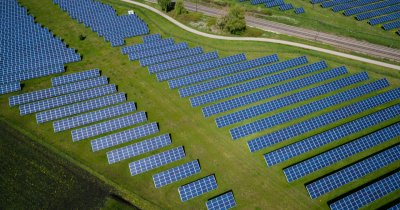Plastic is present in most products we purchase, with most product package being made of plastic, including water bottles.
According to GreenBiz, one company makes plastic products, like plastic bottles, food packaging, bags and more from a plant-based, fossil-free polymer that is not only completely recyclable, but also degradable.
Avantium is a Netherlands-based company that aims to make one step towards a more sustainable world by producing all the above-mentioned products and more through this fossil-free process, starting 2024.
Recently, the company secured the remaining of the 209 million euro funding required in order to begin the construction of the factory.
Some of the company's shareholders are big names in the food and drink industry, like Coca-Cola and Danone, and Avantium even collaborates with Carlsberg in order to create "paper" beer bottles.
Tom Van Aken, CEO at Avantium, said that "should the pilot plant prove successful, and the company gains further traction among packaging producers and brands in the coming years, then Avantium's plant-based polymers could represent an important breakthrough."
The plant Avantium plans to build will be able to produce some 5.000 tons of plant-based plastic per year, enough for about 200 million bottles, which in comparison to the amount of plastic being thrown in the environment, 22 million tons in 2020, doesn't sound like much, but it is a start.
The project did attract the attention of some plastic packaging manufacturers who have shown interest in the new product type Avantium proposes, and the company already signed with five of these manufacturers to cover 50% of the plant's capacity.
Van Aken didn't disclose the names of its future customers, but it's still good to see that packaging companies take the plastic issue seriously and are willing to make a change.
"Companies will struggle to rid themselves of plastics altogether, so alternative polymers offer a means to massively cut carbon and environmental footprints right across their value chains", Avantium CEO added.
Polyethylene furanoate is the material the company aims to mass produce at their future plant and the team behind the project claims that the material is 100% recyclable and degradable.
Tom Van Aken expects that most of the new plastic type, 75% to be exact, will be used for bottles and food packaging for takeaway type services, while in the future its use could be extended to textiles, electronics and even the automotive industry.
The CEO claims that he wanted to create an alternative to recycling the plastic, which in his opinion is not the solution to a circular economy, but new types of products should be added in order to help with sustainability.
"We're never going to be looking at recycling as the solution to get us into the circular economy, we need to have other solutions too", he added.
One potential drawback of the plant-based plastics is that, just like biofuels, it requires feedstock that could have an impact on land use.
This is why Avantium explores how it could capture CO2, which is one of the main materials which it requires to build its plant-based plastic, but Van Aken says the company might have found a solution that has been proven at a small scale.
"You don't need to drive far in Europe to find all kinds of cement, steel or electricity plants that dump millions of tons of CO2 into the air, so finding good sources of CO2 is not so difficult", he added.
Having secured the last part of the investment, Avantium can now look forward to building the plant that will enable the company to become a major player in the plant-based plastic alternative on the market.
 Mihai - Cristian Ioniță
Mihai - Cristian Ioniță












Any thoughts?